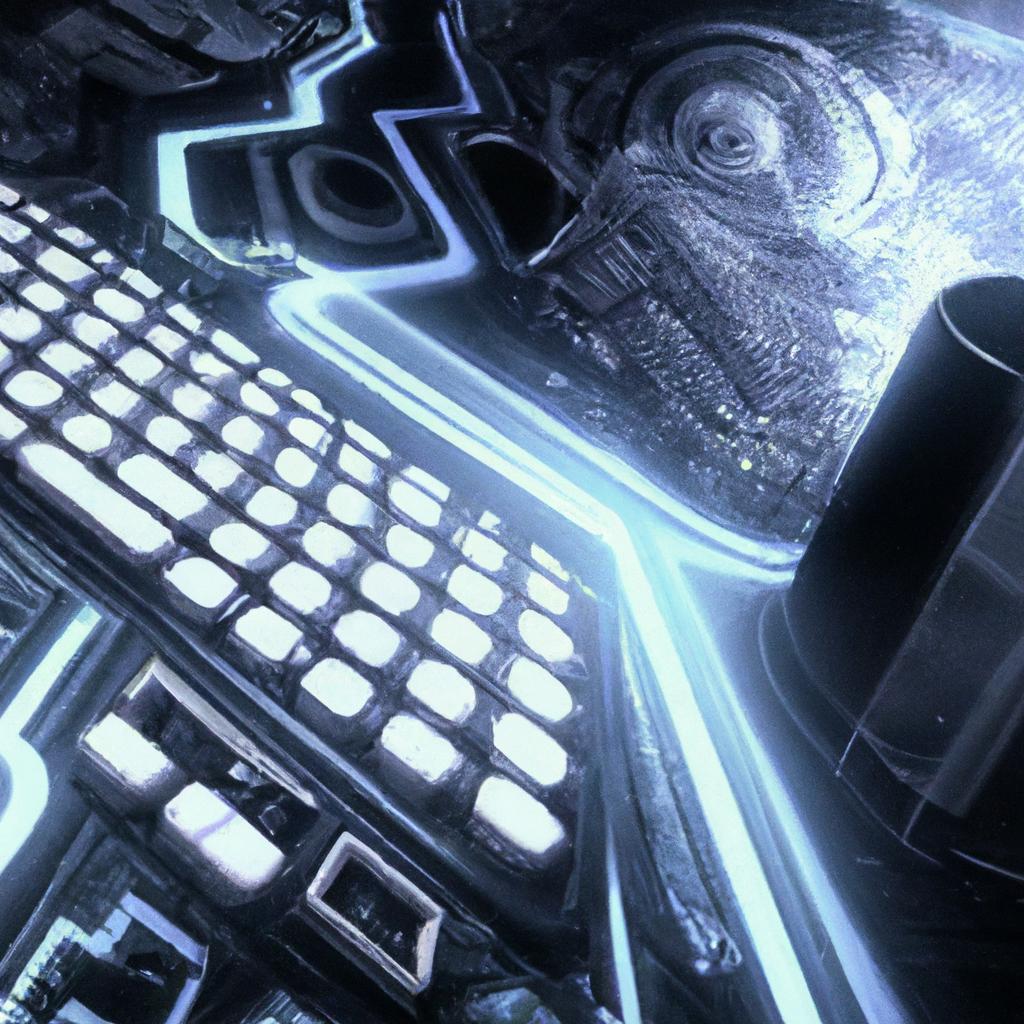
How to Optimize Your PC for Maximum Gaming Performance
In the world of competitive gaming, every millisecond counts. From epic battles in the virtual realm to intense races on the digital track, having a PC optimized for maximum gaming performance can mean the difference between victory and defeat. So, if you’re ready to level up your gaming experience, it’s time to dive into the world of PC optimization. Whether you’re a seasoned pro or a newbie looking to up your game, we’ve got you covered with tips and tricks to supercharge your system and unleash its full potential. Strap in, game on, and let’s optimize your PC for peak performance.
Table of Contents
- Getting Started: Understanding the Hardware Requirements
- Overclocking: Boosting Performance Safely
- Software Optimization: Tweaking Settings for Better Gaming Experience
- Maintenance: Keeping Your PC in Top Shape for Gaming
- Q&A
- The Conclusion
Getting Started: Understanding the Hardware Requirements
When it comes to optimizing your PC for maximum gaming performance, understanding the hardware requirements is crucial. Having the right hardware can make a significant difference in how well your games run and how smooth your gameplay experience is. To get started, here are some key considerations to keep in mind:
- Processor: A fast and powerful processor is essential for running games smoothly. Look for a processor with multiple cores and a high clock speed for the best performance.
- Graphics card: A dedicated graphics card is a must-have for gaming. Make sure to invest in a high-quality GPU with plenty of VRAM to handle graphics-intensive games.
- RAM: Having enough RAM is crucial for multitasking and running demanding games. Aim for at least 8GB of RAM, but 16GB or more is recommended for optimal performance.
| Component | Minimum Requirement |
|---|---|
| Processor | Intel Core i5 or AMD Ryzen 5 |
| Graphics Card | NVIDIA GTX 1060 or AMD RX 580 |
Overclocking: Boosting Performance Safely
When it comes to gaming, maximizing your PC’s performance is key to achieving the best experience possible. One way to do this is through overclocking, a method that allows you to push your hardware to perform at higher speeds than originally intended. While this can provide a significant boost in performance, it’s important to do so safely to avoid damaging your components.
**To optimize your PC for maximum gaming performance, follow these tips:**
- Research your hardware specifications and limitations before overclocking.
- Invest in a quality cooling system to prevent overheating.
- Gradually increase clock speeds and test stability to find the optimal settings.
| Component | Recommended Max Speed |
|---|---|
| CPU | 4.5 GHz |
| GPU | 10% increase |
Software Optimization: Tweaking Settings for Better Gaming Experience
When it comes to optimizing your PC for the best gaming experience, tweaking your software settings can make a significant difference. By adjusting certain settings, you can enhance performance, reduce lag, and improve overall gameplay. One important aspect to consider is adjusting your graphics settings. Lowering the graphics quality can help boost frame rates and reduce strain on your system, leading to smoother gameplay.
Another key area to focus on is optimizing your system resources. Closing unnecessary background programs and processes can free up valuable resources for your game to utilize. Additionally, updating your drivers regularly can ensure that your hardware is running at its best. By following these tips and making small adjustments to your settings, you can maximize your PC’s gaming performance and have a more enjoyable gaming experience.
Maintenance: Keeping Your PC in Top Shape for Gaming
Whether you’re a casual gamer or a hardcore enthusiast, ensuring your PC is running at its peak performance is essential for a smooth gaming experience. By following some simple maintenance tips, you can keep your system in top shape for gaming.
One important aspect of optimizing your PC for gaming is regularly cleaning out dust and debris from your hardware components. Over time, dust can accumulate inside your computer, causing it to overheat and slow down. Use compressed air to gently blow out any dust from your CPU, GPU, and fan vents. Additionally, make sure to update your drivers regularly to ensure your hardware is functioning at its best. Updating your graphics card drivers can significantly improve performance in games, so be sure to check for updates frequently.
Q&A
Q: What are some key tips for optimizing my PC for gaming performance?
A: Adjusting graphics settings, updating drivers, and freeing up storage space are all important steps to take.
Q: How can I improve the speed and efficiency of my PC during gaming sessions?
A: Closing unnecessary programs, upgrading hardware components, and using performance-enhancing software can all help.
Q: Are there any specific settings I should be adjusting within my game to improve performance?
A: Lowering resolution, disabling V-Sync, and reducing graphics quality can all make a big difference in how smoothly your game runs.
Q: Is it necessary to regularly clean and maintain my PC in order to optimize gaming performance?
A: Yes, keeping your PC clean of dust and regularly updating software can help ensure that it runs at its best for gaming.
Q: What are some common mistakes that gamers make when trying to optimize their PCs?
A: Overlooking background processes, neglecting driver updates, and failing to monitor temperatures are all common mistakes that can impact gaming performance.
The Conclusion
optimizing your PC for maximum gaming performance is a crucial step in enhancing your gaming experience. By following the tips and tricks outlined in this article, you can ensure that your PC is running at its peak performance level, allowing you to fully immerse yourself in the world of gaming. So, don’t wait any longer – give your PC the boost it deserves and start enjoying your favorite games like never before. Happy gaming!

